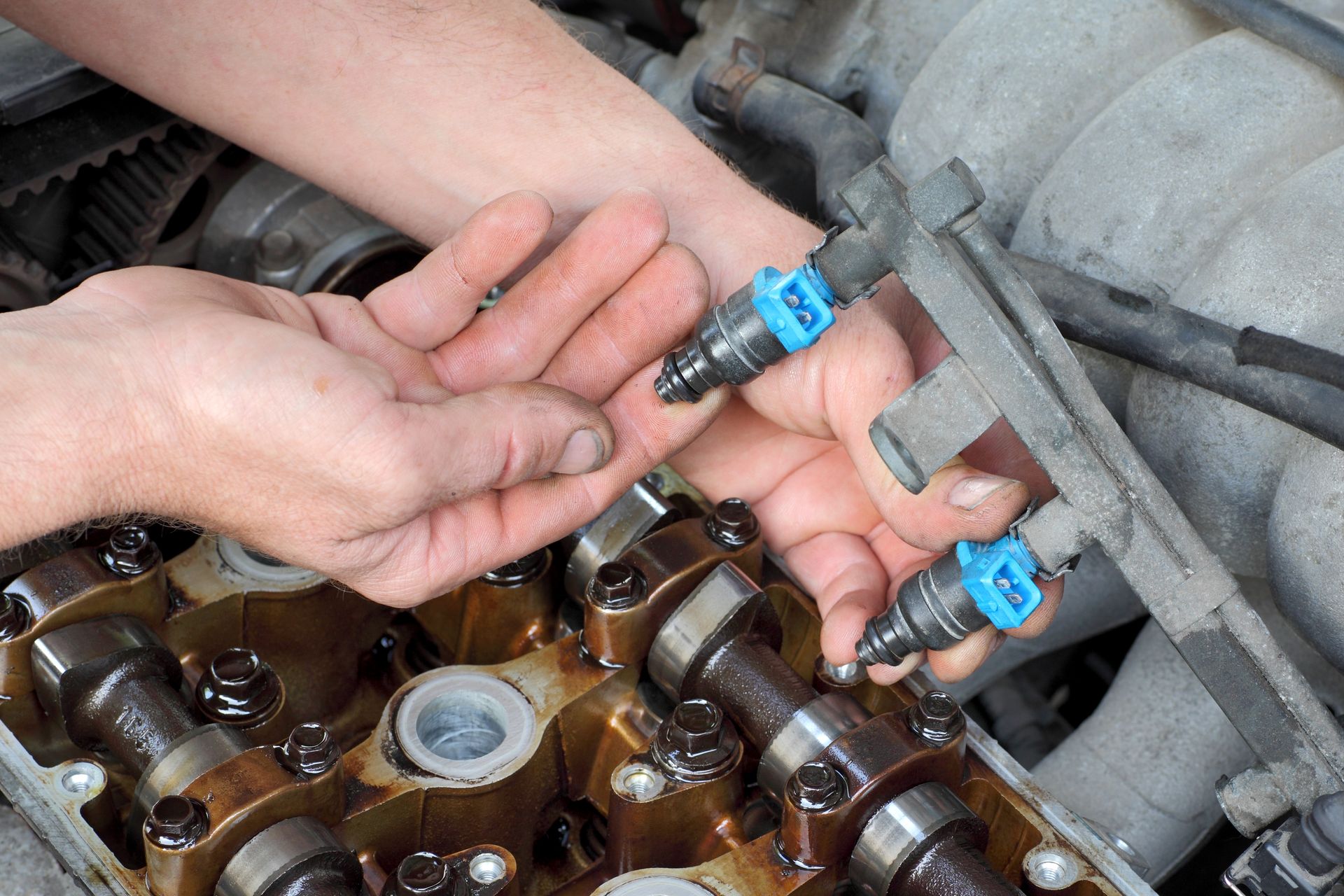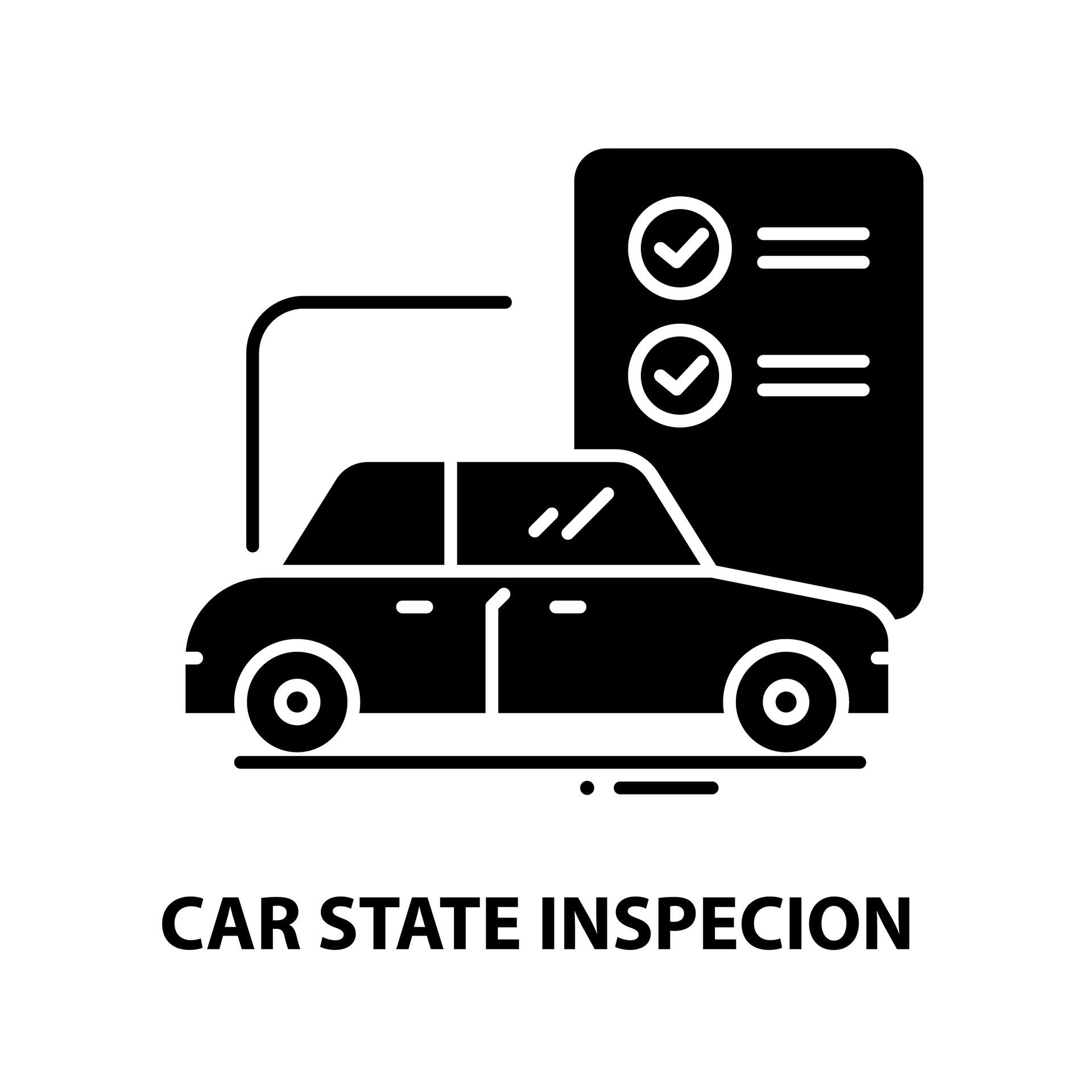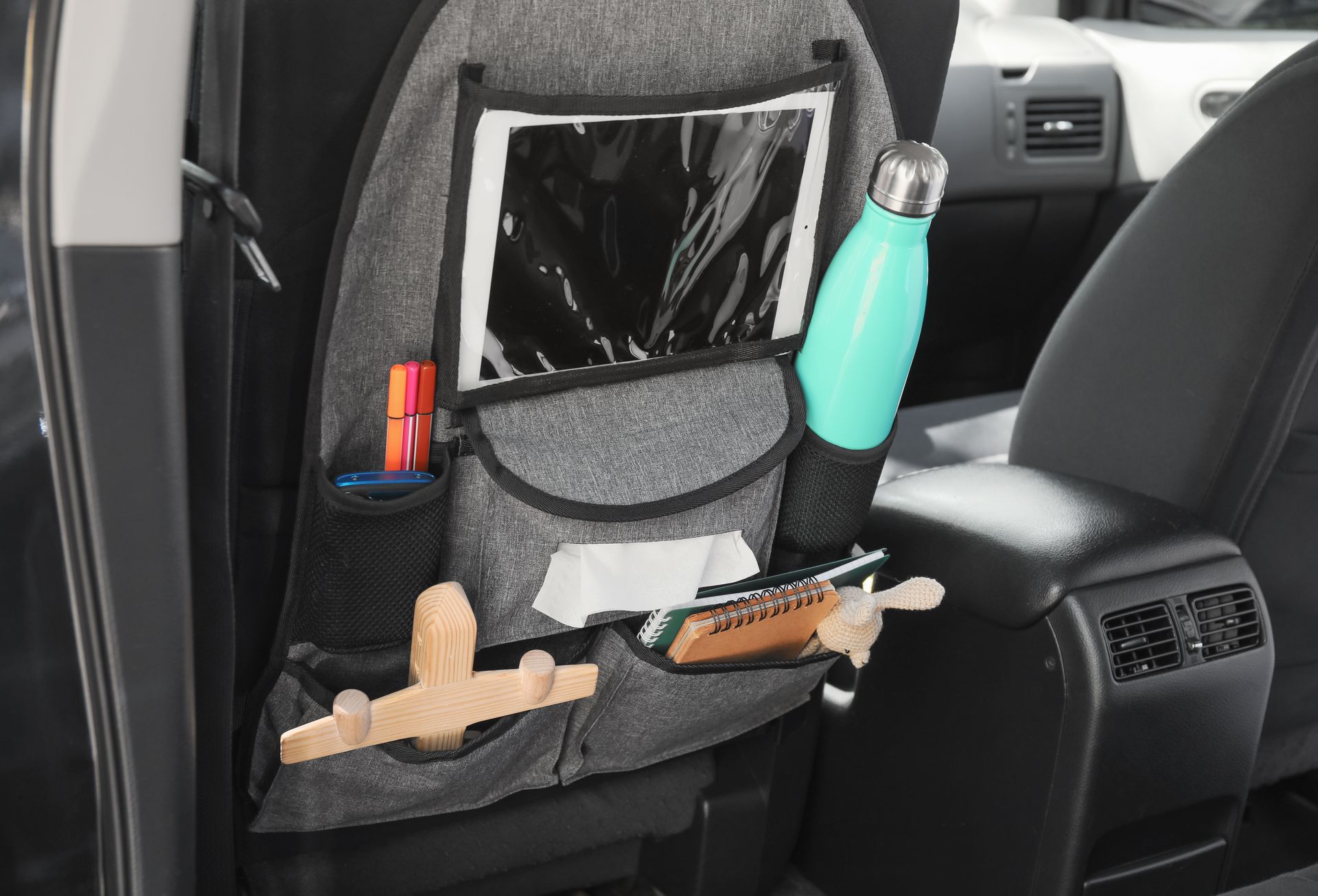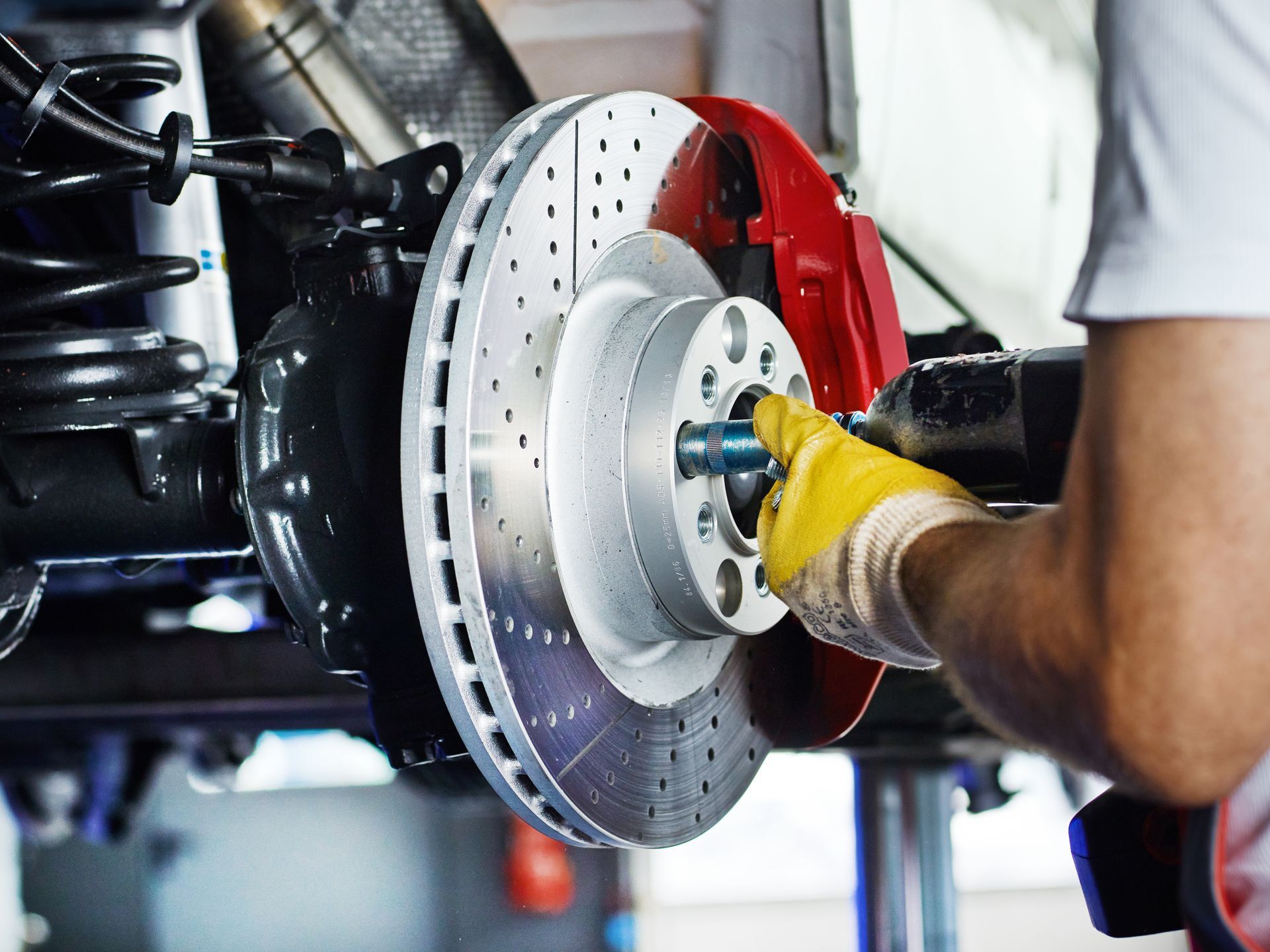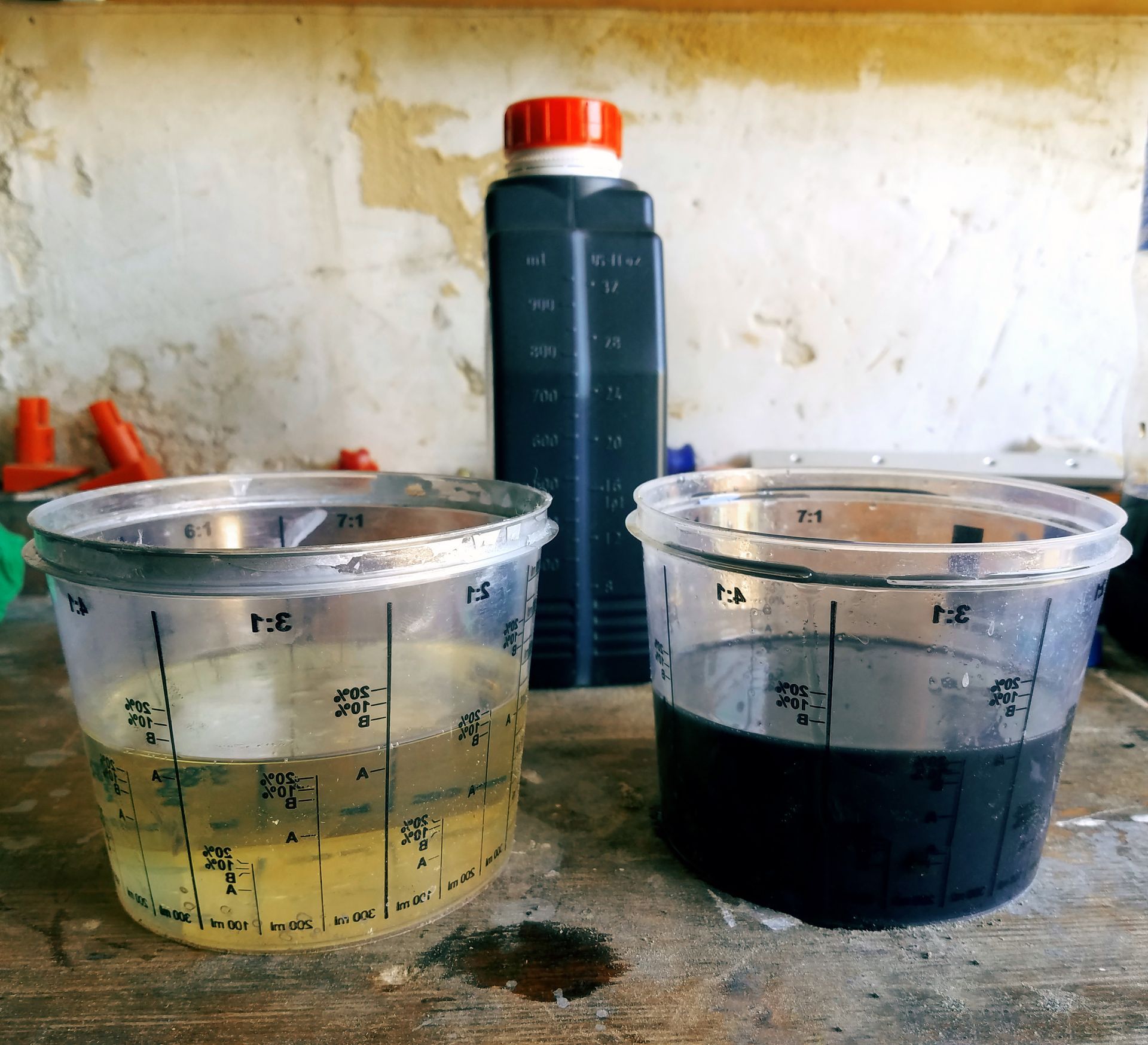Brake fluid is often overlooked but plays a critical role in ensuring your vehicle's braking system operates effectively and safely. This essential fluid is responsible for transmitting the force from your foot on the brake pedal to the brake calipers, ultimately bringing your car to a stop. However, many drivers are unsure of when to change or top off their brake fluid, leading to potential safety risks and performance issues.
Brake Fluid Basics
Brake fluid is a specialized hydraulic fluid that operates under high pressure and temperature conditions within the braking system. It is typically composed of glycol-ether or silicone-based compounds, chosen for their ability to withstand extreme temperatures and provide consistent performance. When you press the brake pedal, brake fluid transfers
hydraulic pressure to the brake calipers, causing them to clamp down on the brake rotors and slow or stop the vehicle.
Signs of Brake Fluid Degradation
Visual Inspection
One of the simplest ways to assess the condition of your brake fluid is through visual inspection. Brake fluid should be clear or slightly yellowish in color. If you notice a dark brown or black hue, it may indicate contamination or degradation of the fluid. Additionally, check for any signs of moisture or dirt in the brake fluid reservoir, as these can also compromise its effectiveness.
Brake Pedal Feel
Pay attention to the feel of your brake pedal while driving. If you notice a spongy or mushy feel when applying the brakes, it could be a sign of air or moisture in the brake lines, which may indicate the need for a brake fluid change.
Brake Performance
Reduced braking performance, such as longer stopping distances or increased pedal travel, can also be indicative of brake fluid degradation. If you experience any sudden changes in braking performance, have your brake system inspected by a qualified mechanic to determine if a brake fluid change is necessary.
Determining the Optimal Change Interval
Manufacturer Recommendations
Consult your vehicle's owner's manual for specific recommendations regarding brake fluid change intervals. Manufacturers typically provide guidelines based on time or mileage intervals, whichever comes first. Adhering to these recommendations can help ensure the continued reliability and safety of your braking system.
Driving Conditions
Consider your driving habits and the conditions in which you typically operate your vehicle. Frequent stop-and-go driving, towing heavy loads, or driving in extreme temperatures can accelerate brake fluid degradation and may necessitate more frequent changes.
Brake Fluid Testing
Consider using a brake fluid testing kit to assess your brake fluid's condition more accurately. These kits measure the brake fluid's moisture content and boiling point, providing valuable insight into its health and performance. Testing can help determine if a brake fluid change is needed before issues arise.
Understanding the Difference
Top-Off
Topping off brake fluid involves adding small amounts of fresh fluid to the reservoir to maintain the proper level. This is typically done during routine maintenance or as needed to compensate for minor fluid loss due to evaporation or brake pad wear. It's important to use the correct type of brake fluid specified by your vehicle's manufacturer and avoid overfilling the reservoir.
Change
A brake fluid change, also known as a flush, involves completely replacing the old brake fluid with fresh fluid. This process helps remove contaminants, moisture, and degraded fluid from the braking system, restoring optimal performance and safety. Brake fluid changes are typically recommended at specified intervals to prevent brake system issues and maintain reliable braking performance.
Dealing with Air in Brake Lines
Air in the brake lines can compromise the effectiveness of your braking system, leading to spongy pedal feel and reduced stopping power. This condition, known as brake fade, occurs when air bubbles become trapped in the brake lines, preventing the proper transmission of hydraulic pressure from the brake pedal to the brake calipers. If you suspect air in your brake lines, it's essential to have your brake system inspected and bled by a qualified mechanic to remove the air and restore proper braking performance.
When it comes to servicing your brakes, the team at
Three Suns Auto Care is the right and straightforward answer! Give us a call, and we will schedule you for a visit!


